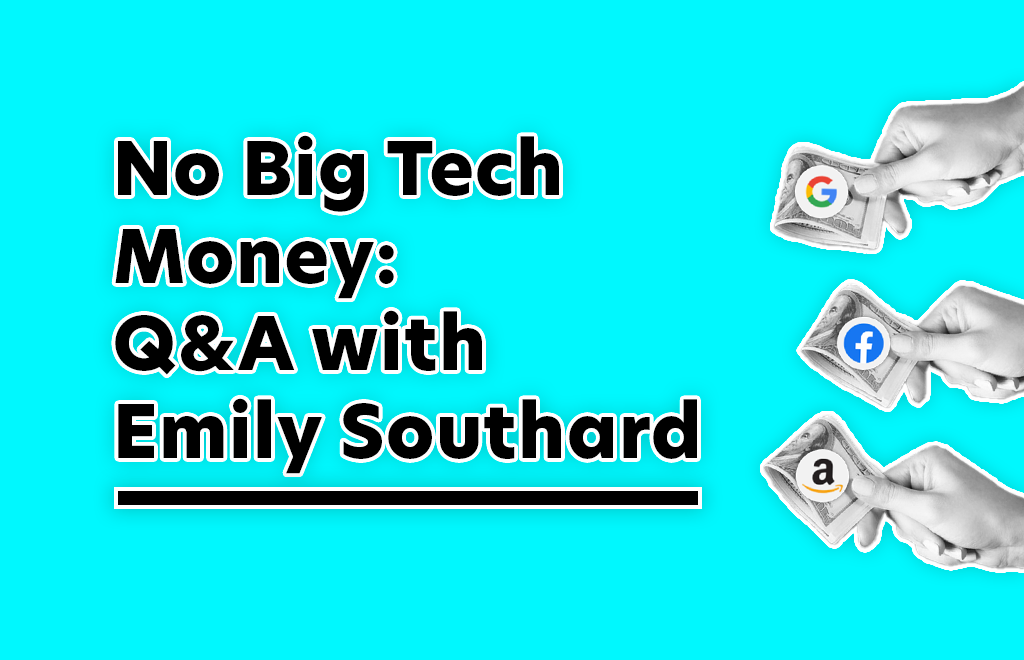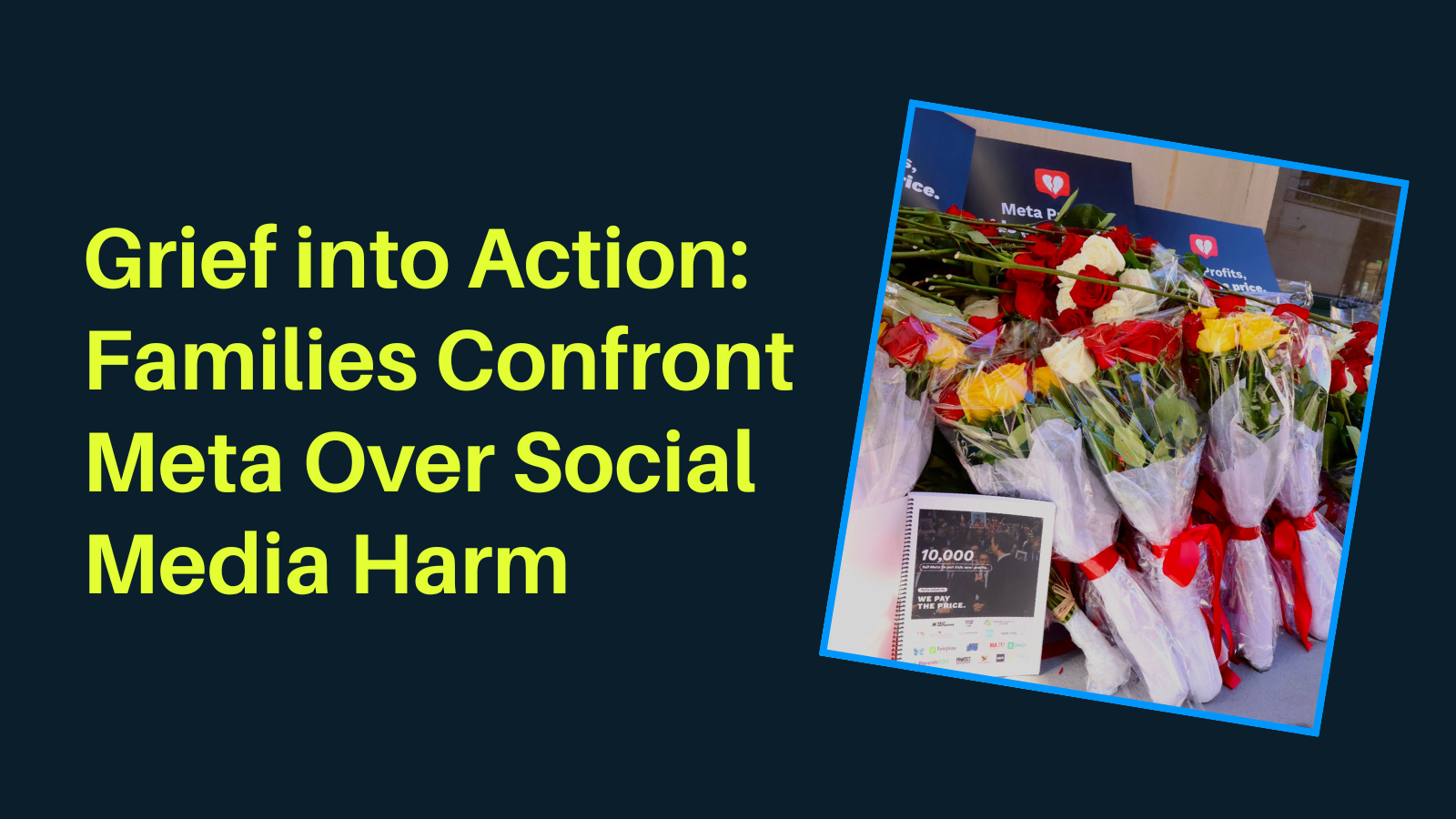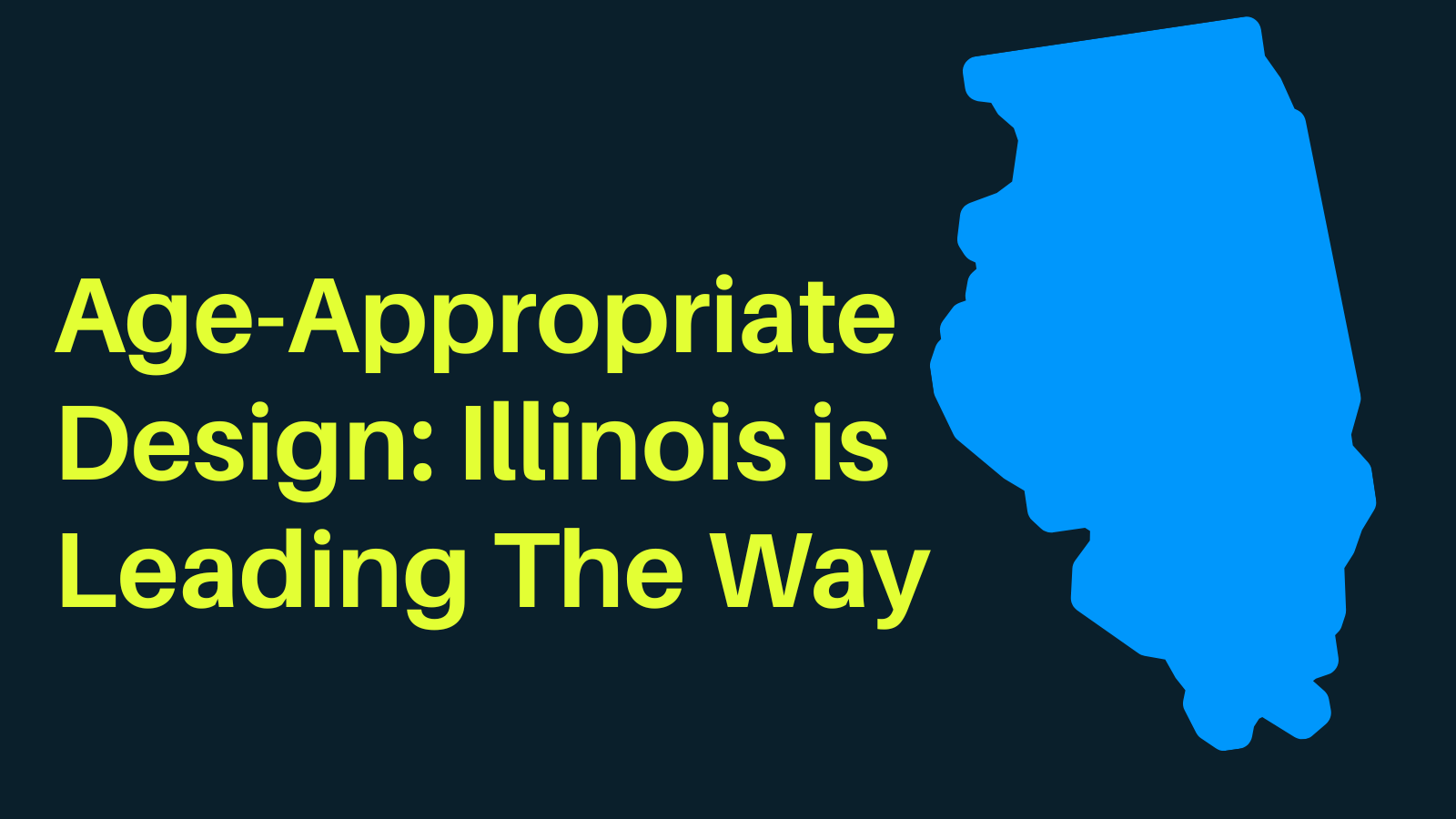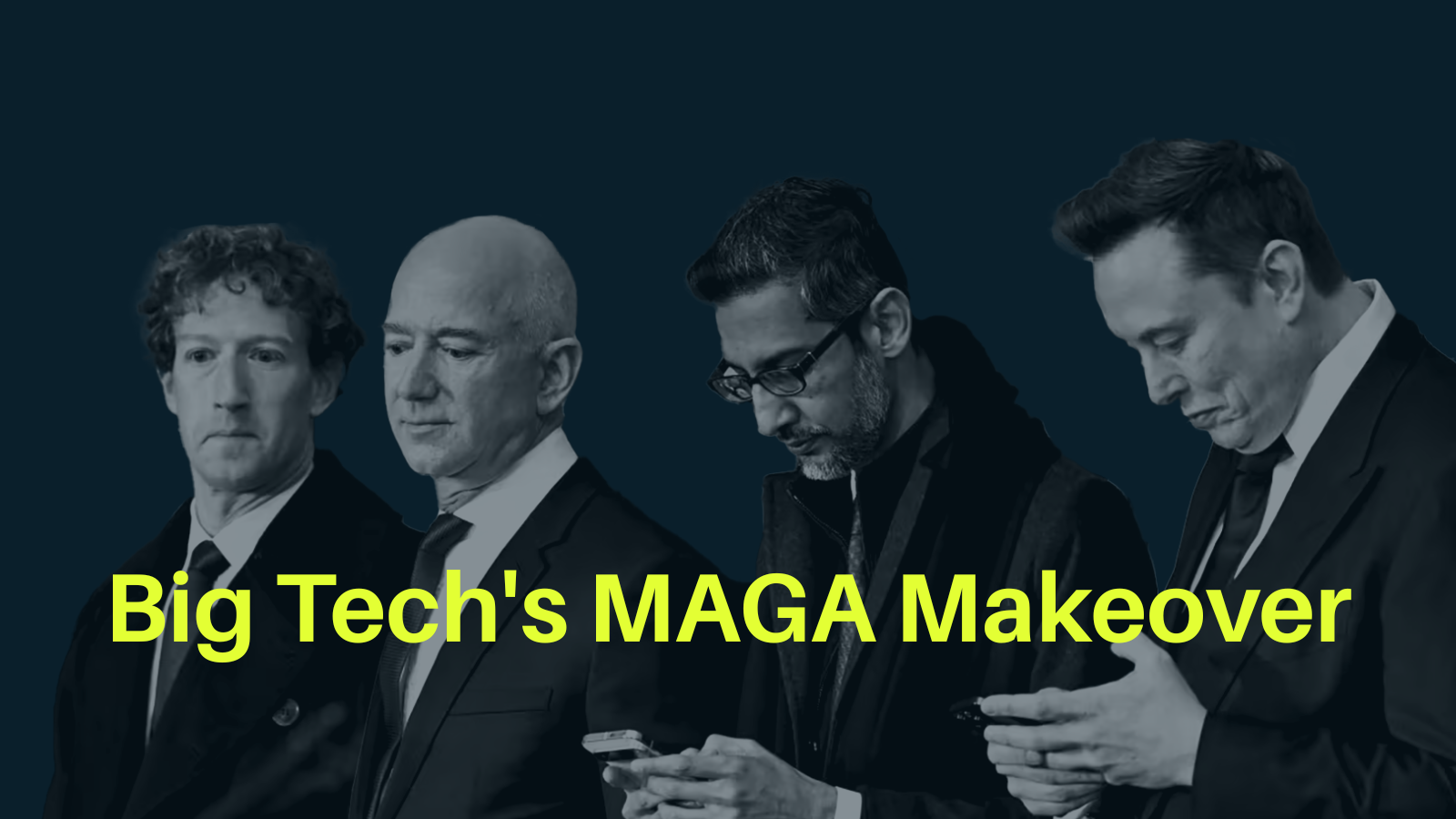As the Policy and Advocacy Director here at Accountable Tech, I spent a lot of time thinking about how we can be most effective at leveraging different strategies to hold Big Tech to account. In 2021 and 2022, we were deeply invested in passing historic, bipartisan antitrust legislation that would rein in Big Tech’s monopoly power, but the Big Tech lobby went all out to ultimately stop two very popular bills from getting a final vote before a new Congress took power.
Legislation that would foster competition and drive forward healthier tech ecosystems and alternate business models isn’t the only accountability legislation Big Tech has spent millions to thwart. The Big Tech lobby has also been instrumental in stopping Age Appropriate Design Code (AADC) bills from advancing at the state level this year. When we’re up against some of the biggest companies in the world, it can feel disheartening to lose legislative fights – particularly when the bills we’re advocating for enjoy overwhelming popular and bipartisan support.
So I was excited to learn about a new initiative, the No Big Tech Money Pledge to help mitigate some of Big Tech’s influence over lawmakers. Recently, I caught up with Emily Southard, Executive Director for the project to learn more.
Tell me more about the No Big Tech Money Pledge and what brought you to this work?
I’ve spent much of my career working on climate justice campaigns and specifically holding the fossil fuel industry accountable. Resourced as one of the wealthiest industries in history, much like the Big Tech lobby now, the fossil fuel industry has built serious clout in Congress and state legislative chambers. We saw a candidate pledge as an opportunity for lawmakers to stand up to and reject the fossil fuel agenda in support of our families, democracy and our environment. There had already been similar pledges happening organically in other parts of the country. For example, a pledge to reject Dominion money in Virginia – so our goal was to connect these efforts under one umbrella with the No Fossil Fuel Money Pledge.
My connection point from climate justice organizing to Big Tech accountability comes not just from the obvious parallels between the fossil fuel industry and Big Tech but also in holding climate deniers accountable for intentionally misleading the public, which social media platforms have played a big role in, too.
We know that Big Tech money has too much control over our economy, democracy, and over our personal data. Getting money out of politics is very personally important to me – and for Americans across the political spectrum who think Big Tech has become too powerful.
Pledges like this are a good way to say, “Enough is enough.”
What is your aim with the Pledge this year?
Our goal is to get as many candidates as possible to sign the pledge. We know that next year is a general election year, so we’ll be focusing on the federal races. But we’re encouraging candidates at every level of government, from city council to president, to sign. Both Ron DeSantis and Elizabeth Warren have spoken about Big Tech’s financial influence, and now we’re asking every candidate to put their money where their mouth is.
It’s also just common sense. We know that voters are with us on the issue, so this is an opportunity for candidates to solidify their stance.
Which companies does the pledge apply to?
Apple, Alphabet, Amazon, Meta, and Microsoft. These giant, multinational corporations have a combined $3 trillion market share, and they have massive influence over our daily lives. On top of that, they have spent an enormous amount of money in Washington on lobbying and on campaign donations and funding efforts to block legislation that would hold them accountable. They have a tremendous amount of power in Washington, in state capitals, and in people’s lives.
These five companies have amassed far too much power over the economy and our democracy. These are also the 5 companies that are “covered platforms” in the antitrust bill, the American Innovation and Online Choice Act.
How can folks be involved in supporting the No Big Tech Money Pledge?
Love this question! You can contact candidates using this tool, which will tell you all the candidates running for federal office in their area: https://nobigtechmoney.org/take-action
From there you can ask those candidates to take the pledge online. You can also download a birddogging toolkit and actually learn how to ask candidates to sign the pledge in person.
When it comes to holding Big Tech accountable, we need to employ numerous strategies and avenues for change. That’s why Accountable Tech works closely with partners who are engaging in different theories of change to mutually bolster our efforts to rein in Big Tech. Through innovation, collaboration, and creative campaigning we can help balance out the power differential as a small nonprofit up against some of the world’s biggest corporations.








